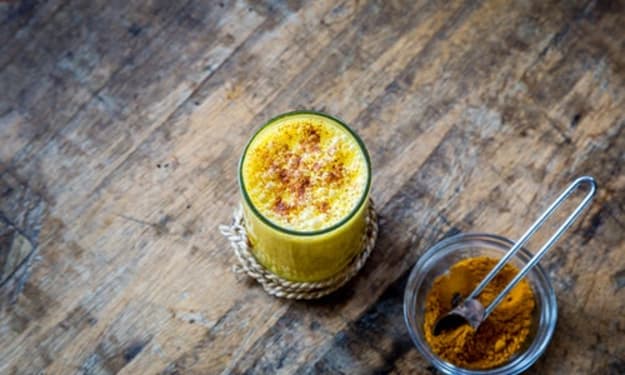Finding Your SPF
The Importance of Using Sunscreen, and Finding What Works for You

As Spring seems to have sprung, we all know that Summer is not far behind; with Summer comes days at the beach, boating, barbecues, and lots of sunshine. It's, in one's own opinion, the best time of the year. But sadly, days in the sun means a higher risk of sunburns, and potential risks of skin cancer, and severe sun damage. Fortunately, most sunscreens on the market today are more than efficient; however, finding the right one for your skin type is vital to save time in the sun, and for your skin, including any medical conditions you may have.
SPF (or Sun Protection Factor), is the measure of how long sunscreen will protect one's skin from UVB rays, which penetrate the epidermis, or outer layers of the skin, and can cause the most common, but the least life-threatening cases of skin cancer which affects one in five Americans over the course of their lifetime. The right SPF can help to prevent skin cancer, sun damage and sunburns altogether, and the key is knowing what skin type you have, and if you have any skin conditions that could be affected.
Sunscreens have certain SPF such as 15, 30, and even as high as 100. Unfortunately, however, most SPFs are not a "one-size-fits-all" type of scenario. For example, Infants and Toddlers have delicate skin, more so than Adults, or even Teenagers, and need to be protected with products that contain only certain ingredients, though to find them is not difficult as most sunscreen companies label their sunscreens and SPF accordingly, as well as whether or not it is for Babies, Kids, or Adults.
Products with zinc oxide and titanium dioxide tend to be found more often in sunscreen for Infants and Toddlers. These ingredients are known to deflect and scatter the UV rays before they penetrate the skin's outer layers, (epidermis). These are physical sunscreens whereas chemical sunscreens such as PABA, (para-aminobenzoic acid), and Cinnamates, absorb UV and convert the radiation into heat energy. Both types of sunscreen are safe and extremely effective when used properly, (don't forget the 15-minute rule people).
Those with allergy, acne, and rosacea-prone skin should avoid any products with PABA, alcohol, fragrance, or oxybenzone. Also, acne-prone skin types should avoid greasy products such as creams, which may exacerbate acne breakouts. People who take topical acne medications may find gels too irritating for their skin, and should look for a lighter lotion or cream based product. Those with dry skin would benefit from more moisturizing sunscreens labeled as ointments and creams. Something with PABA or alcohol could further dry out the skin, and cause further damage to the epidermis, causing the skin to become more vulnerable to infections and other skin problems
Protecting our skin from harmful UVA and UVB rays is easier than you think.

Photo by Chris Nguyen on Unsplash
There are two types of sun exposure; incidental and intense sun exposure. Incidental refers to the two minutes it takes you to run outside to our car or get the mail. Intense sun exposure involves sitting or laying in the sun most of the day, in which case a sunscreen with an SPF of 93, that is water-resistant and broad-spectrum, is your best bet, whereas for Incidental sun exposure, an SPF 15 is quite adequate.
So there are a few things to consider when choosing the right sunscreen for your skin: skin type, skin color, any medical conditions, and age. Certain products work only for certain skin types, but it doesn't mean that there isn't one product out there for everyone. However, alongside the use of sunscreen, there are other ways to prevent excessive sun exposure such as, a broad brimmed hat, protective clothing such as a cover-up, shirt, long pants, or skirts, proper footwear, shade, and avoiding tanning beds, which can raise the risk of skin cancer and sun damage due to close proximity of UV lights.
As we get ready for Summer, make sure to invest a little time and cash into a good sunscreen made just for you. I currently use Neutrogena's Dry Touch sunscreen SPF 45 due to my fair skin.
Resources: skin cancer, consumer reports
About the Creator
Morganne Thayer
We were given LIFE to LIVE it so what are you waiting for?






Comments
There are no comments for this story
Be the first to respond and start the conversation.